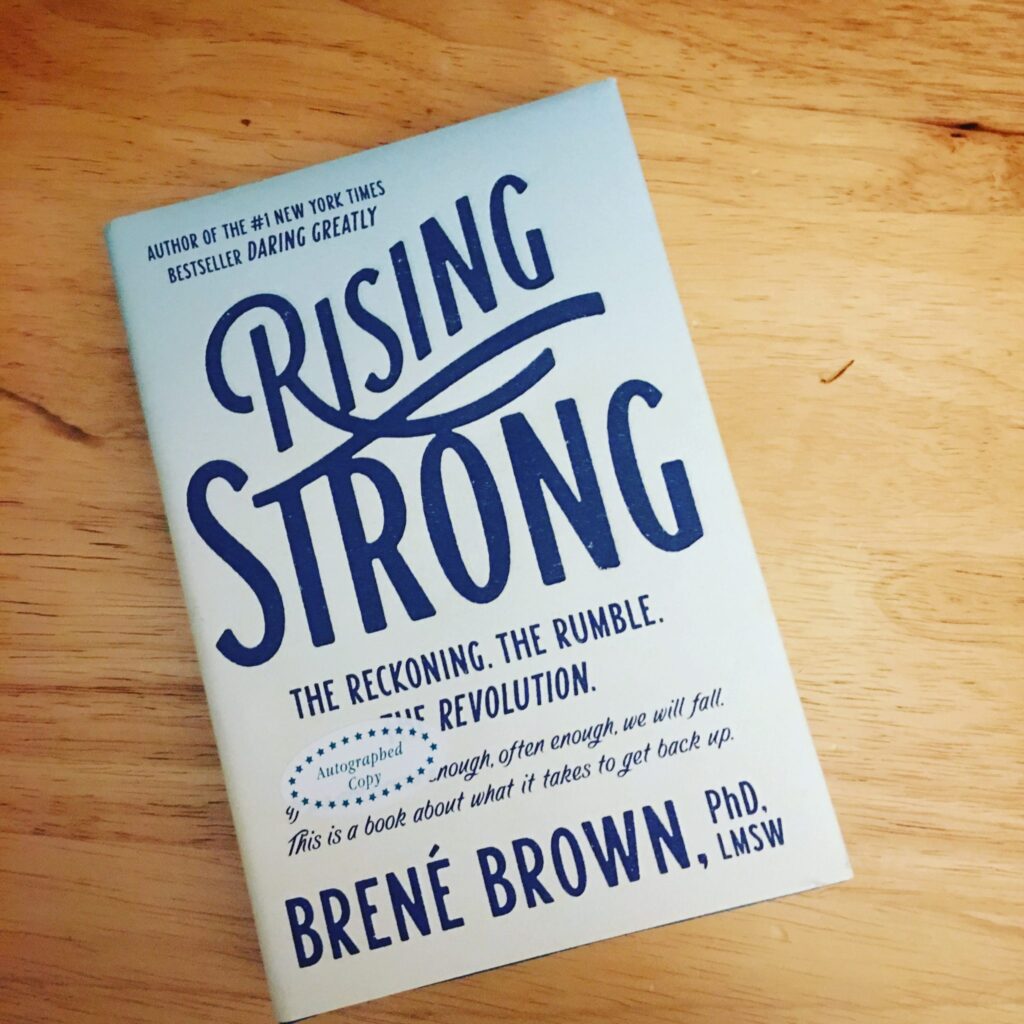FIVE THINGS
5 things I learned as a hostage negotiator, that apply to everyday life with others:
Fear: People in crisis are afraid. They have gone through all the “normal” channels to seek to solve their problem or conflict and now are operating in the survival mode of flight or fight. In either case, is it based on fear of what brought them to crisis and what may happen now that the police are involved. By recognizing this emotion, a negotiator can help them work through their fear of the present and the future.
Rushing: People in crisis cannot be rushed to “calm down” or behave like a “normal human being”. Since they are operating on adrenalin it takes time for rational thinking and if the person is on drugs or alcohol this will take much longer. Time and silence are very important.
Not in control: We all know we cannot control other people. We can try to add guard rails to the road the person in crisis is traveling on, but it is up to them to make the decision to stop, listen, and take the steps offered to them.
Drugs and alcohol: Sometimes all that is needed is for the person to be left alone and sleep it off safely. A new day can after rest and food can do wonders. I think this is underused in our current policing models and it is not always practical or safe.
One piece of the puzzle: A Crisis Negotiator has maybe one or a few pieces of the puzzle when they are helping people in a crisis state. A whole team of people is behind a negotiator learning about the person and what may be helpful for the negotiator to say or not to say.
*These 5 things also work with people who have mental illness but may take more time and you will need additional resources.





